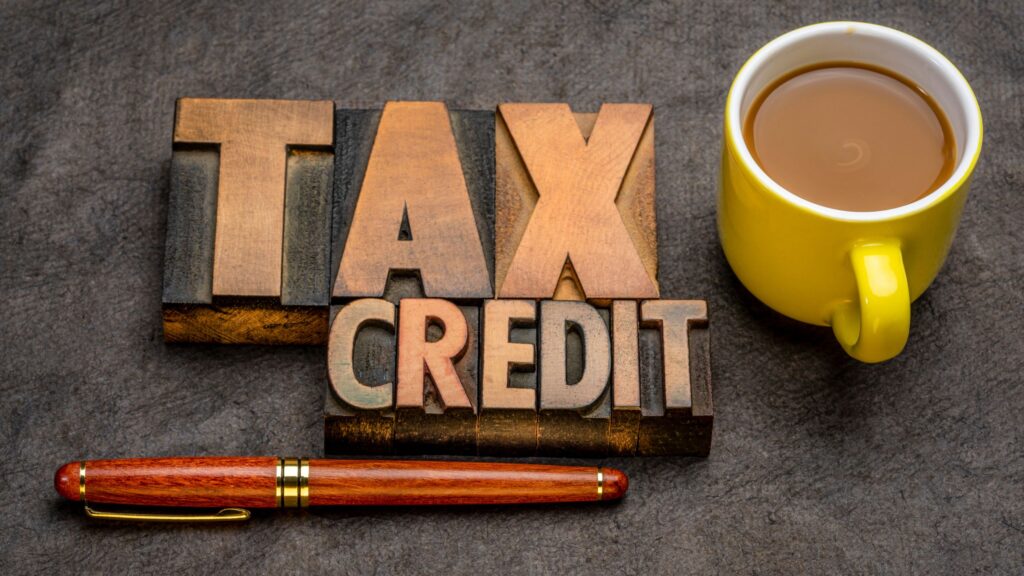
On October 15, 2024, the CBIC published GST indirect No. 237/ 31/2024, which provides a thorough explanation. The operation of the retroactive provisions in Sections 16( 5) and 16( 6) of the CGST Act, which were added by the Finance Act( No. 2) of 2024, is covered by this explanation. The indirect seeks to clear up any inscrutability concerning ITC claims, especially when demands were made because Section 16( 4) wasn’t followed. It also makes clear how the revised regulations should be applied to former situations.
Retrospective Extension of ITC Claim Period
Sections 16( 5) and 16( 6) of the CGST Act extend the time limits for claiming ITC retrospectively from July 1, 2017. This correction offers relief to taxpayers who were unfit to claim ITC within the prescribed period under Section 16( 4). The retrospective operation, still, has raised enterprises about how once cases where ITC claims were disallowed — should be handled.
To address these enterprises, the GST indirect No. 237/ 31/2024 lays out specific instructions for colorful scripts, icing that taxpayers can claim ITC for earlier ages without facing penalties for having missed the original deadlines.
Crucial interpretations for Handling once ITC Cases
The GST indirect No. 237/ 31/2024 provides clarity on how authorities and taxpayers should approach cases involving incorrect ITC availment due tonon-compliance with Section 16( 4). The guidance applies to different stages of duty proceedings, similar as examinations, demand notices, and prayers.
Cases Without Demand Notices
In situations where proceedings for wrong ITC claims were initiated but no formal demand notice was issued under Sections 73 or 74 of the CGST Act, duty authorities must now consider the amended Sections 16( 5) and 16( 6). This allows taxpayers to profit from the extended period for claiming ITC. Proper officers are needed to take applicable action under these vittles, indeed if informal documents like FORM DRC- 01A were preliminarily issued.
Demand Notices Issued in Certain Situations Without a Final Order
For cases where demand notices were issued but no final order was passed by the adjudicating authority, retrospective amendments to Sections 16( 5) and 16( 6) should be taken into account when issuing the final order. This will allow taxpayers to claim ITC, and their case qualifies under the new vittles.
Prayers in Progress
In cases where orders have formerly been passed under Sections 73 or 74 and an appeal has been filed under Section 107, but no appellate order has been issued, the appellate authority is now required to take into account the ITC claims’ retroactive extension. This ensures that taxpayers who filed prayers due to denied ITC claims are treated fairly under the new legal frame.
Revision Proceedings Pending
Still, the Revisional Authority is needed to factor in the amendments, If revisional proceedings were initiated under Section 108 but no final order has been issued. The revised vittles should guide the decision, icing that taxpayers are allowed to amend their claims where applicable.
Final Orders with No Appeal Filed
Where final orders have formerly been passed, and either no GST appeal was filed, or no appeal is pending with the Appellate Tribunal, taxpayers can still apply for rectification under the special procedure laid out in announcement No. 22/2024 within 6 months. This must be done within six months of the announcement date to amend any once disagreement involving ITC claims.
Special Procedure for Rectification of ITC Claims
For taxpayers whose ITC claims were denied due to violations of Section 16( 4), but are now eligible under the retrospective amendments, the CBIC has handed a specific rectification process.
Form Period Taxpayers must file for rectification within six months from the date of the announcement issued on October 8, 2024.
Operation Submission operations can be filed electronically through the GST gate. Taxpayers need to submit applicable details, including Annexure A, to amend once ITC claims.
Order Processing The proper officer who issued the original order will handle the rectification and is needed to issue a new order within three months of the operation.
Remedied Orders Summaries for remedied orders will be uploaded through the applicable forms — FORM DRC- 08 for cases under Sections 73 or 74, and FORM GST APL- 04 for cases under Sections 107 or 108.
Adverse Effect of Rectification If rectification negatively affects the aspirant, the principle of natural justice will apply. This means before passing the adverse order the proper office will give the occasion to be heard to the taxpayer.
Appeal Rights If the remedied order results in adverse issues for the taxpayer, they’ve the right to appeal under Sections 107 or 112 of the CGST Act.
No refund No refund will be granted for levies formerly paid of ITC reversed, indeed if the ITC is now eligible due to the retrospective amendments in Section 16( 5) and 16( 6).
Limitations of the Rectification Process
It’s important to remember that the special rectification procedure only applies in situations where Section 16(4) infractions resulted in the rejection of ITC. Taxpayers whose cases don’t involve similar contraventions can not profit from the special procedure.
Also, no refunds will be handed for levies formerly paid or ITC that was reversed, indeed if the ITC is now eligible under the retrospective amendments.
The CBIC’s recent explanation offers critical guidance on handling retrospective ITC claims, icing that taxpayers can claim credits for once ages without overdue penalties. The special rectification procedure provides a clear path for resolving controversies over ITC denials, but businesses must act within the six- month window to amend their claims. This is a major relief for businesses that were unfit to claim ITC before due to the strict timelines under Section 16( 4) and offers a fair resolution to literal ITC issues.
Visit Our Website GST Refund Services For More!


